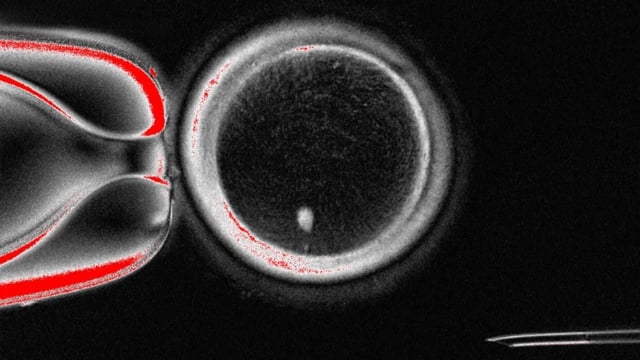Overview
- The Nature Communications study led by OHSU’s Shoukhrat Mitalipov describes creating oocytes by transferring skin‑cell nuclei into enucleated donor eggs and inducing chromosome reduction with an experimental “mitomeiosis” step.
- The researchers generated 82 functional oocytes that were fertilized in vitro, and about 9% of resulting embryos progressed to the blastocyst stage.
- No embryos were cultured beyond day six to comply with regulations governing embryo research.
- Most embryos arrested early and many blastocysts carried chromosomal abnormalities, and experts characterized the outcome as a limited laboratory success with years of work, potentially a decade, before any clinical attempt.
- Potential applications for certain infertility cases are discussed, but unresolved ethical issues and prior warnings from professional ethics committees about somatic nuclear transfer remain central.
